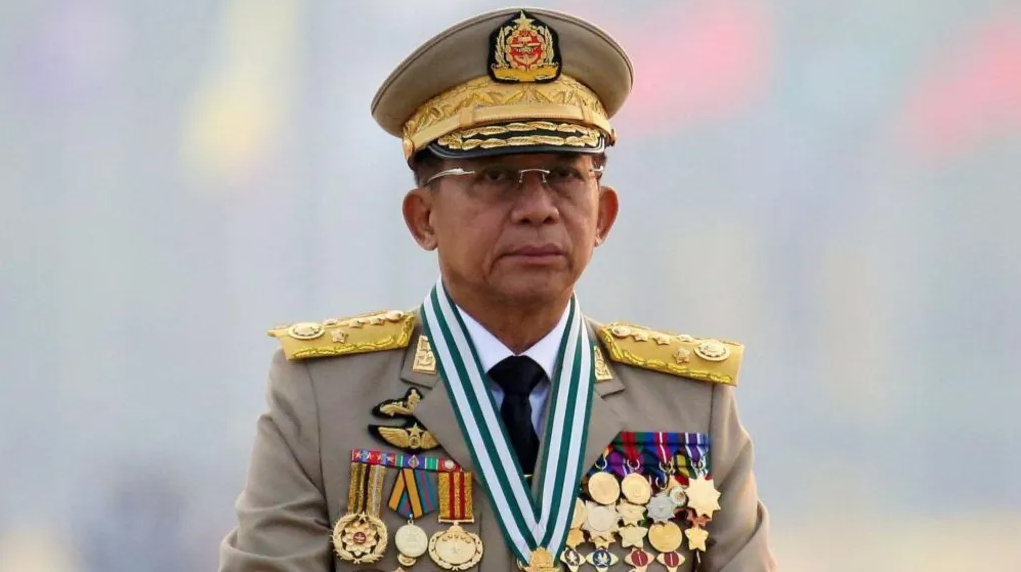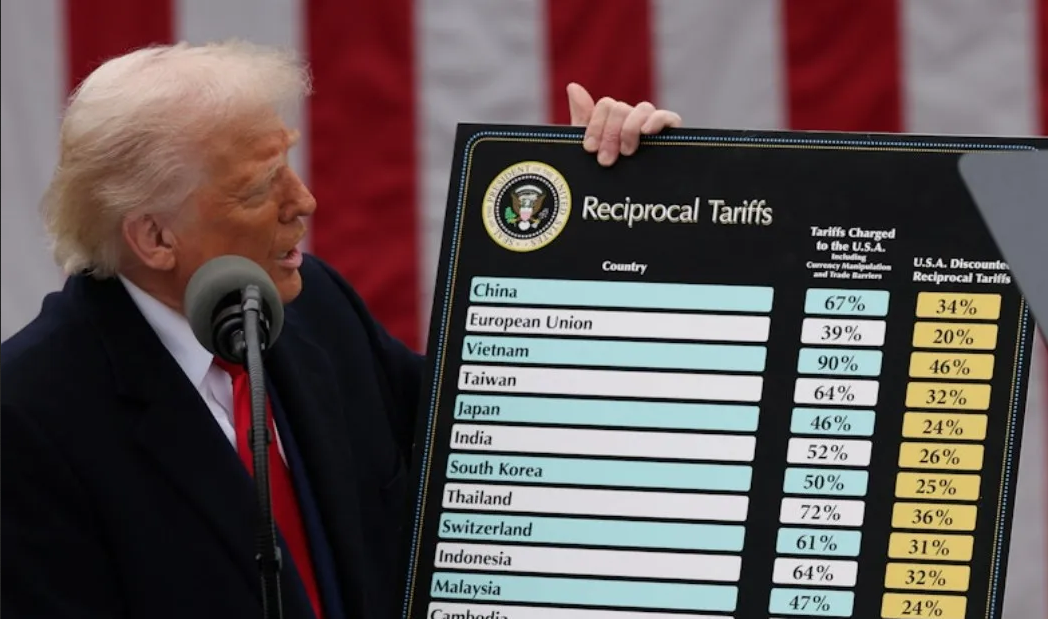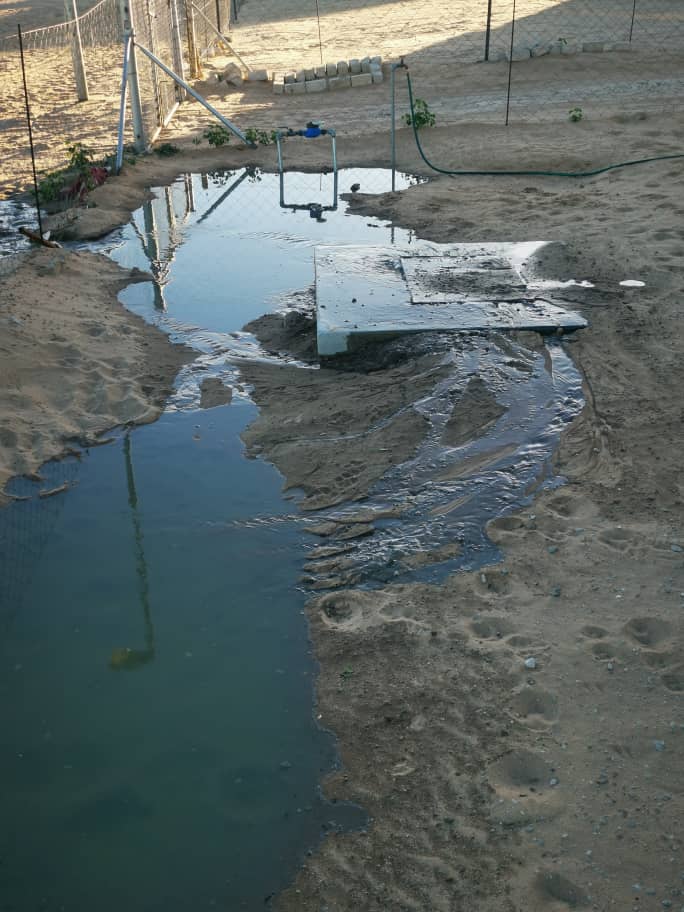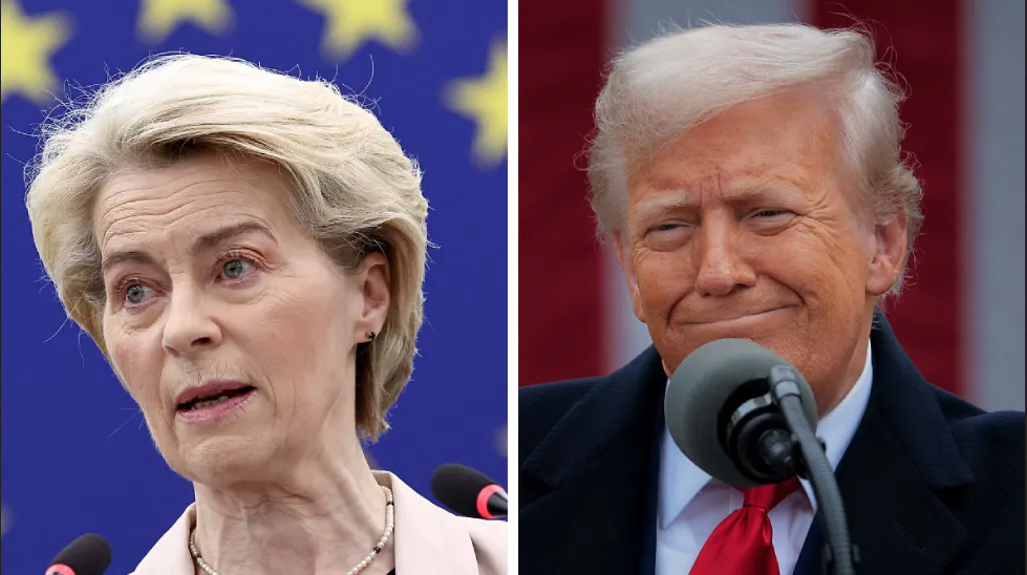Tenderpreneurs are set to have a good year after finance and social grants management minister Erica Shafudah yesterday increased the development budget to N$12.8 billion.
This is the money the government allocates for funding its capital projects.
“To continue addressing infrastructure bottlenecks, the development budget has increased by 22% from the revised estimates for the year 2024/25,” said Shafudah.
Some of the priority project allocations include N$2.5 billion towards railway infrastructure, N$970 million for the construction and renovation of classrooms and other school infrastructure, N$700 million to address housing issues, N$450 million for sport infrastructure and N$2.2 billion for water facilities.
Shafudah’s national budget of N$106.3 billion represents a N$6.2 billion increase from last year’s N$100.1 billion.
Speaking to The Namibian yesterday, Popular Democratic Movement (PDM) leader McHenry Venaani said the decision to pump money into developmental spending is welcome and will boost the economy.
“I just hope the government will make sure that this money is properly spent through a transparent public procurement system that does not take us back to the tenderpreneurship years where only a few benefited,” he said.
The budget allocates N$200 million for the construction of new sport stadiums and an additional N$200 million for sport infrastructure, aligning with Swapo’s policy to enhance sport funding and ensure national sport facilities meet international standards.
This decision comes at a critical time, as the country’s national soccer team, the Brave Warriors, are forced to play home matches abroad after the Confederation of African Football deemed all Namibia’s domestic stadiums unfit to host international games.
Shafudah said the government has budgeted N$13.7 billion to meet statutory debt servicing obligations in the 2025/26 fiscal year, equivalent to 14.8% of revenue and 4.9% of gross domestic product (GDP).
“We remain concerned that we expend more resources on debt servicing than we plough back into the economy. We are, therefore, committed to maintain public debt on a reduction path and ensure that debt is raised in the most cost-effective manner,” she added.

REACTIONS
National Democratic Party leader Martin Lukato has requested two weeks for parliamentarians to thoroughly study the budget and make informed decisions.
“The people of Namibia deserve the best, and we need to appreciate the budget, which speaks to the masses,” he stated.
Meanwhile, Affirmative Repositioning (AR) leader Job Amupanda has also requested the budget documents to study them in preparation for the budget discussion scheduled for Tuesday.
PDM member of parliament Inna Hengari expressed concern about certain allocations to specific ministries, pointing to the Electoral Commission of Namibia, which received N$438 million despite last year’s contentious presidential and National Assembly elections.
“We are particularly concerned about the time frame [and] whether the minister even had enough time before tabling the budget. But we will go into more detail next week when I give my official response,” she said.
AR spokesperson George Kambala expressed optimism about the budget, praising its youth-targeted focus. However, he questioned where the stadiums would be built and the specific sport leagues the minister was referring to.
“We need to delve into the details of these figures so we know exactly where they will be spent. Because one would estimate that probably only N$1 billion is going to be spent on infrastructure, as the N$24 billion allocated to the ministry of education is likely going towards personnel,” he stated.
Independent economist Josef Sheehama said the budget is promising and should promote improvements in society and the economy, rather than falling into the wrong hands.
However, he said the N$2.6 billion allocated for agriculture and land reform is insufficient when considering the necessary reforms and resuscitation of the green schemes.
“More importantly, the effects of poor governance in some state organs should be given more consideration, and it may be necessary to carefully tackle, monitor and report on preconditions to stop corruption and ensure that all Namibians benefit, which will reduce income inequality,” Sheehama said.

Education received the largest allocation of N$24.8 billion to cater for innovation, arts and culture in the year 2025/26 and N$76.1 billion over the Medium Term Expenditure Framework (MTEF).
“The budget of the Ministry of Gender Equality and Child Welfare stands at N$473.6 million in 2025/26 and N$1.5 billion over the MTEF, while the vote of [the Ministry of] Sport, Youth and National Service has been allocated N$1.3 billion,” said Shafudah said.
The finance minister said the allocation also considered support for various youth programmes for skills development and capacity building.
The Ministry of Health and Social Services will receive N$12.3 billion, and a sum of N$37.5 billion over the MTEF.
“The end goal is to reduce congestion at state hospitals and improve the quality of services broadly. Accordingly, consideration has also been made for additional personnel in the health sector, as well as pharmaceuticals and clinical supplies,” Shafudah said.
Transport will receive a total of N$2.7 billion. In addition to fast-tracking the upgrading of the railway network, this allocation also caters for the completion of ongoing road construction projects, including rural feeder roads to schools and clinics.
A total of N$2.6 billion in 2025/26 has been made available to agriculture and land reform.
“This includes dedicated allocations for improving food systems, as well as the green scheme programme including phase two of the Neckartal Dam irrigation project, among others,” Shafudah said.
Water and marine resources have been allocated N$956.5 million.
Shafudah also announced a N$14.6 billion budget for her own Ministry of Finance and Social Grants Management, which includes N$7.2 billion for social grants.
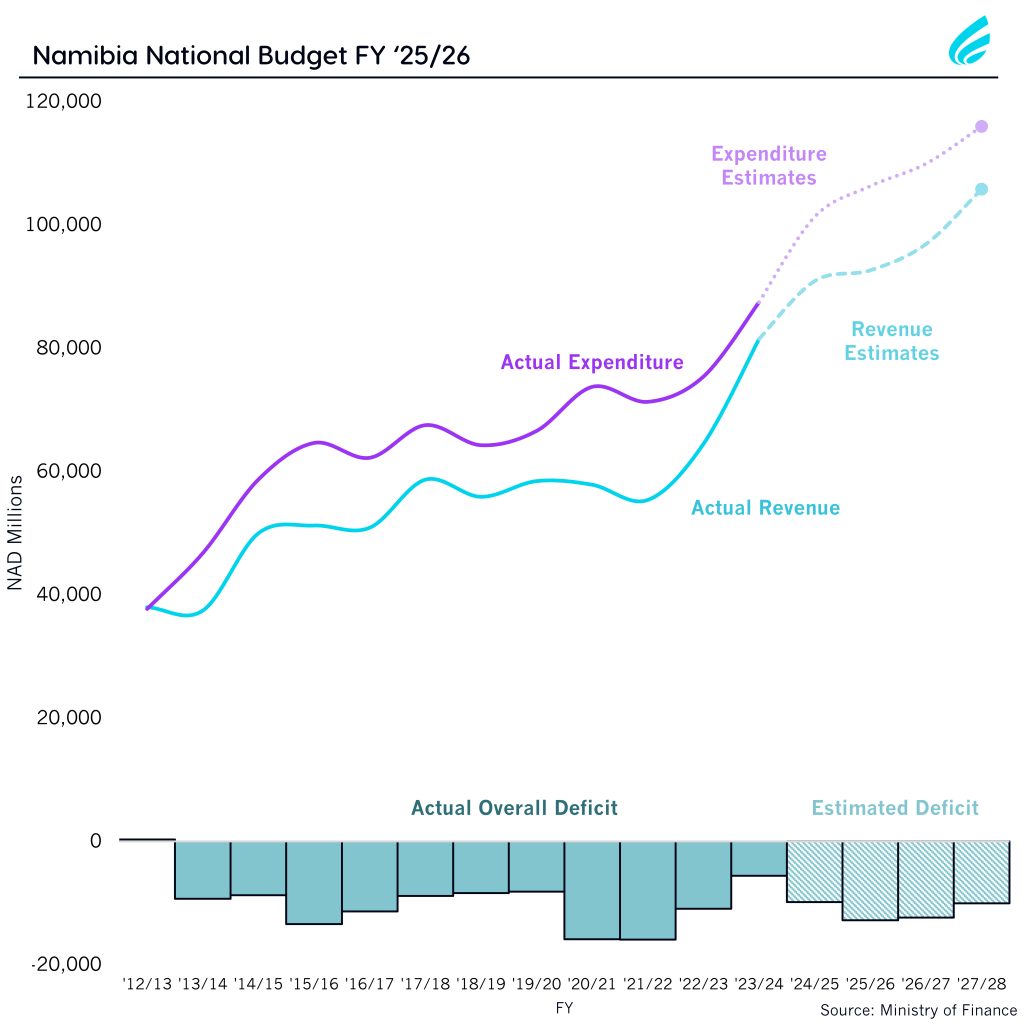
The defence and home affairs ministries received N$7.5 billion and N$7.9 billion, respectively, while the judiciary and Ministry of Justice and Labour Relations are allocated N$601 million and N$494.1 million, respectively, to strengthen legal services.
The Office of the President is allocated N$1.5 billion, and the government also allocated N$100 million to the Meat Corporation of Namibia and N$320 million to TransNamib.
A contingency fund of N$350 million has been set aside for emergencies.
According to Shafudah, at the end of February 2025 total revenue collections stood at N$84.4 billion, translating into a collection rate of well over 90% over the first 11 months of the 2024/25 financial year.
“Meanwhile, dividends from public enterprises have been reduced significantly owing to poor outcomes from Namdeb Holdings in line with the significant decline in global diamond price over the period,” said Shafudah.
Furthermore, a total of N$1.6 billion in anticipated dividends from the imminent dissolution of Namibia Post and Telecom Holdings has been deferred to the 2025/26 financial year.
Between April 2023 and February 2025, the government collected a total of N$3 billion on various tax categories through the ongoing tax amnesty programme.
Meanwhile, on statutory expenditure, 93.2% of last year’s budget was spent by the end of February 2025 – as such no expenditure overruns are anticipated.
“On the financing front, 100% of the total funding requirement for the financial year has been secured. Consequently, the total debt stock stood at N$165.9 billion, equivalent to 66% of GDP,” Shafudah said.
Last year, former finance minister Iipumbu Shiimi allocated N$74.6 billion for operational expenditure (8.8% more than in 2023), N$12.6 billion in development expenditure (a significant 50.7% increase from 2023) and N$12.8 billion in debt servicing costs.

Stay informed with The Namibian – your source for credible journalism. Get in-depth reporting and opinions for
only N$85 a month. Invest in journalism, invest in democracy –
Subscribe Now!







